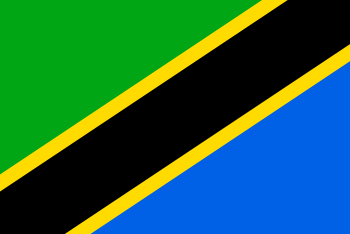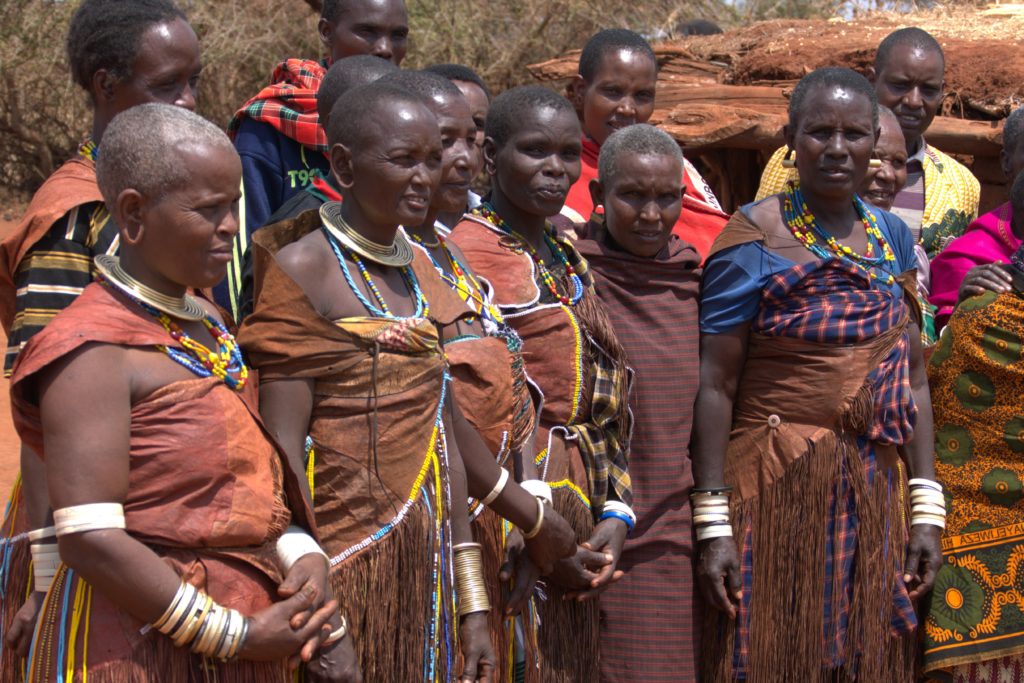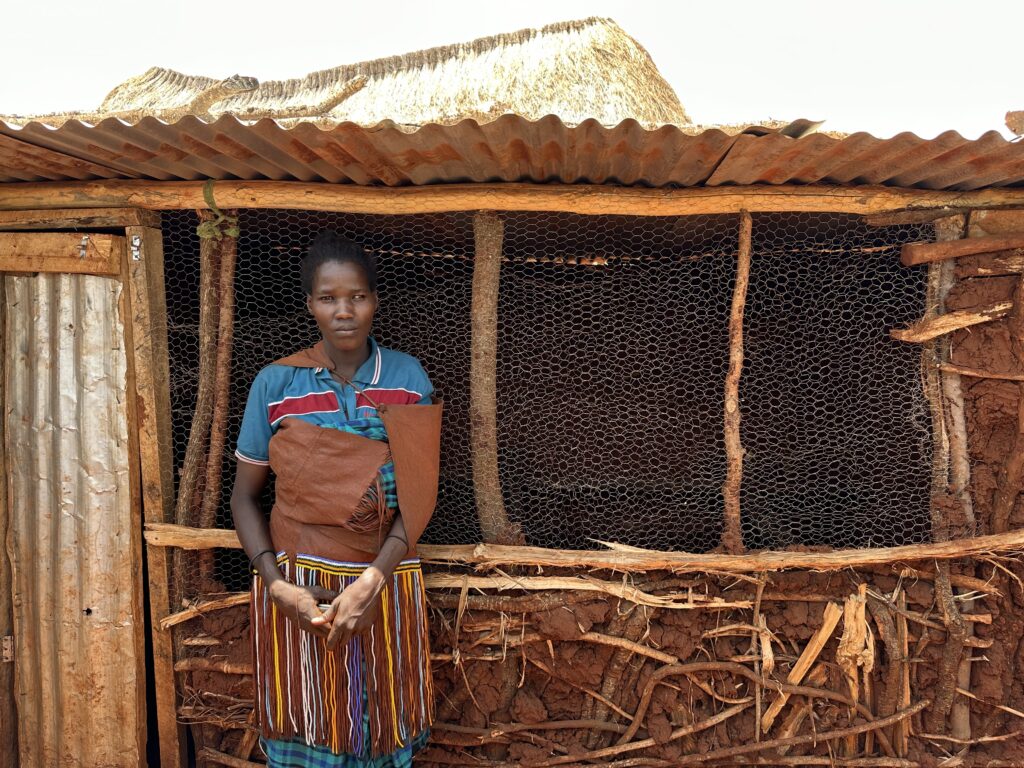 Tanzania Hanang
Tanzania Hanang
$50,000 needed of $100,721

Implementing Organization
Mennonite Central Committee (MCC)
Program Summary
Located in the Manyara region of Tanzania, this program was established when five Village Savings and Lending groups requested that local partner One World Sustainable Livelihood help them to address their needs and priorities in improving food security, livelihoods and gender equity. The area did not have adequate extension services and farmers lacked knowledge of sustainable farming methods.
The program is helping farmers to gain knowledge and experience in conservation agriculture, farmer managed natural regeneration, rainwater harvesting, kitchen vegetable gardening, and poultry keeping. Conservation agriculture helps to improve soil health and increase crop production, while farmer managed natural regeneration helps to increase vegetation, wild consumable fruits and fuelwood. Families are harvesting rainwater for home consumption. Chickens and vegetables are improving family nutrition and providing income for women.
Tanzania Hanang-Haydom Project
Success Stories

Conservation Ag: Crazy Until You See the Results
Neighbors often watch and laugh as program farmers use conservation agriculture (CA) techniques to plant their fields. But when they see the results, they ask to be shown what to do, and word spreads so far that people have come from more than 50 miles away to see the difference and learn.
Katrina, the treasurer of a local village farmers group, was one of the doubters. She heard that local partner One World Sustainable Livelihoods was offering CA training, and signed up.
Even after receiving instruction, she didn’t trust the promised results, so she only tried CA on a quarter of her one-acre farm. One of the techniques taught was to mark off a length of rope with bottle caps and use it to lay out proper spacing in the fields. She was to dig holes for planting seeds only where the bottle caps hit, and to add manure in the holes.
Well. She used to get three bags of maize from her entire acre, but when she got three bags from that 1/4-acre section alone, she was sold on CA. Now people are asking to borrow her spacing rope. In five years, Katrina hopes to have enough maize so she can store some for the future, increase the number of cattle she owns, and improve her home.
In another village Loema, the chair of her group, said they finally accepted the idea of changing their farming techniques when they were desperate and ready to give up. These new ideas provided hope. They decided that each farmer in the group should farm three acres using CA. This way each person would be assured of having enough food to eat. Loema said that another “crazy” idea she got from training was building chicken coops. She changed her mind about how nutty that was when she saw how her flock grew when it was out of reach of predators. She has about 60 chickens now, and rounds them up into the coop each night.
According to Loema, “We are like a person lying in bed. We have received enough knowledge that we are now up on our elbow but have yet to sit up, let alone get out of bed. We still have many challenges to overcome but you have given us hope that we can make that happen.”
Tanzania Hanang Program
Led by Mennonite Central Committee and Local Partner One World Sustainable Livelihoods
